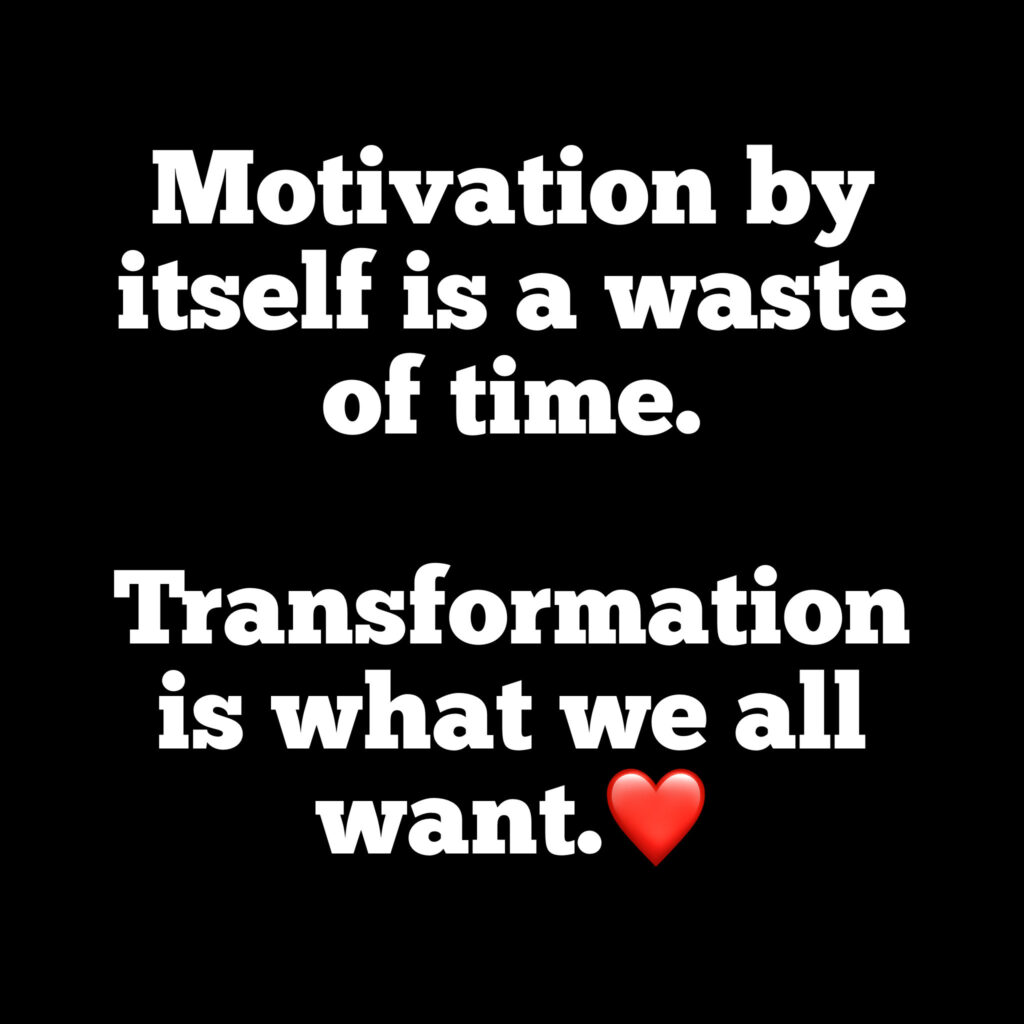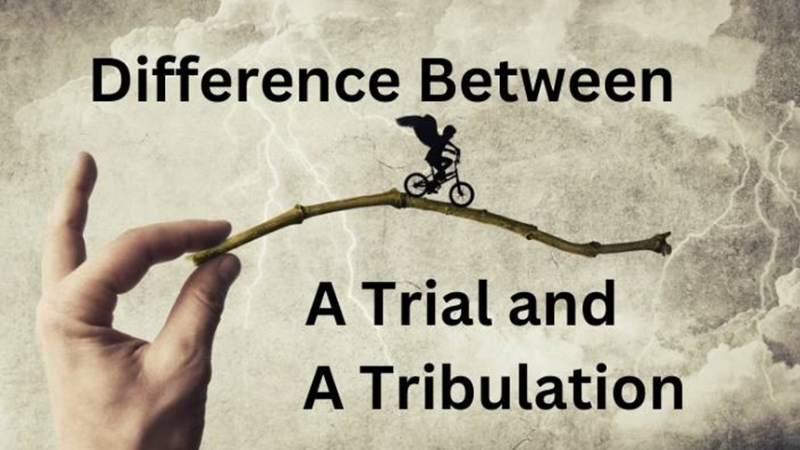Unlocking the Power of Real Transformation
Are you looking to make a real transformation in your life? If so, you are in the right place.
Real transformation is a robust process that can completely change your life. It’s not a one-time event. Real transformation is a journey that requires dedication, effort, and perseverance. It’s a journey that can lead to personal growth and fulfillment.
Motivation could never do that. Motivation is like a spark that ignites your desire to take action. Real transformation is the fuel that powers your journey to achieving your goals.
Motivation can be easy to lose sight of your goals when you’re faced with obstacles or setbacks.
Transformation is a deep and lasting change that comes from within. This is a change that affects every aspect of your life, from your thoughts and beliefs to your actions and habits.
I am Gordon Grigg, a life and business coach coach in Nashville. I have had good and bad periods and experienced a real transformation. I can help you achieve yours.
Differences between motivation and real transformation

1) Motivation is often external, while transformation is internal.
The key difference is that motivation is often external, while transformation is internal. Motivation often comes from outside sources, such as a coach, a mentor, or a role model. These external sources can be valuable, but they can also be unreliable or temporary. Transformation comes from within. It’s a change that starts with you and comes from your desires and passions.
For example, imagine you are trying to learn a new language. Your motivation to learn the language may come from external factors. They may be job needs, a desire to travel, or a way to communicate with friends or family who speak the language. You focus on learning grammar and vocabulary. You practice speaking with a language partner or using a language-learning app.
As you continue to learn the language, you start to realize an internal real transformation. You begin to appreciate the culture and history of the language. You begin to think in the language and develop a new perspective on the world. Language becomes a part of you, not a tool to achieve a specific goal.
This example illustrates how motivation is often external while transformation is internal. It’s a deep-seated, internal change that goes beyond the surface-level goal.
2) Motivation focuses on short-term goals, while transformation focuses on long-term ones.

Another key difference is the focus on the goal. Motivation focuses on short-term goals, while transformation focuses on long-term ones.
For example, imagine you are trying to lose weight. Your short-term goal is to lose 10 pounds in the next month. You focus on the immediate results. You motivate yourself to exercise regularly and eat healthily.
You set up a strict diet plan. You start to count your calories. As a result, you use a scale to track your progress and reward yourself for reaching each milestone.
This short-term goal is something you can achieve in a relatively short amount of time. You are motivated to reach it.
But, after reaching this short-term goal, you realize that weight loss is not a one-time event. It requires a long-term commitment to maintain a healthy lifestyle.
The real transformation you’ve made is not only about losing weight. It is also about changing the way you think about food, exercise, and health. You create a healthy meal plan. You make exercise a regular part of your routine. You educate yourself on the importance of living a healthy lifestyle.
It is about changing the way you think and act, not just reaching a specific destination.
3) The motivation disappears once that goal is achieved.
Motivation is often used to achieve a specific goal or overcome a specific obstacle. But the motivation disappears once that goal is achieved. It disappears when the obstacle is overcome too.
For example, imagine you are training for a marathon. Your initial motivation is to complete the marathon and improve your physical fitness. You spend months training. You followed a strict schedule and pushed yourself to your limits. Your motivation is high, and you are determined to achieve your goal.
You can complete the race and cross the finish line as the marathon approaches.
The sense of accomplishment and pride is overwhelming. You feel like you have achieved something truly remarkable.
But as the days and weeks pass, you realize your motivation to continue training has vanished.
The goal you worked so hard to achieve is now behind you. The motivation that once drove you to succeed is no longer present.
Transformation is a long-term process that continues even after the goal is achieved. It’s a change that becomes a part of who you are and what you do.

For example, imagine you are trying to quit smoking. Your goal is to stop smoking cigarettes and improve your health. The process of quitting smoking is difficult. It requires a lot of willpower and determination. You may have moments where you slip up and smoke a cigarette. But you continue to push forward and stay committed to your goal.
As time goes on, the cravings for cigarettes become less frequent. You start to feel the benefits of being smoke-free. You have more energy, your lungs are healthier, and your overall health improves. But quitting smoking is not just a one-time event. It is a long-term process that requires ongoing effort to maintain.
You may still be tempted to smoke, but you have developed new habits and routines that help you resist the urge. You may have replaced smoking with exercise or other healthy activities. You have transformed your lifestyle and the way you think about smoking.
This example illustrates how transformation is a long-term process. It continues even after the goal is achieved. It’s not just about reaching a specific destination. It is about making changes that become a part of who you are and what you do. It requires ongoing effort to maintain and adapt to the new way of life.
What is the key to true transformation?

The key to real transformation is to change your limiting beliefs and thought patterns that are holding you back.
These limiting beliefs are the root cause of your behavior. They are the reason why you are not able to achieve your goals.
When you change your limiting beliefs, you open yourself up to new possibilities and ways of thinking.
To change your limiting beliefs, you must first become aware of them. Many of these beliefs are unconscious, so you may not even realize they are holding you back.
Once you become aware of them, you can challenge them and replace them with new, empowering beliefs. This process takes time, effort, and commitment, but the results are worth it.
How to achieve a real transformation?

One of the most powerful tools for transformation is self-reflection.
Take the time to reflect on your thoughts and behaviors. You can gain insight into what’s holding you back and what you need to change.
This is where a coach or mentor can be invaluable. They can guide you through this process and provide the support and guidance you need to make lasting changes.
Another powerful tool for transformation is visualization.
You can create a powerful mental image by visualizing your goals and the person you want to become. This will motivate you to take action. This visualization can be done through writing, drawing, or even meditation.
Conclusion
In conclusion, real transformation is a powerful process that can change your life. Motivation could never do it.
It requires a deep and lasting change that comes from within and focuses on long-term change.
The key to real transformation is to change your limiting beliefs and thought patterns that are holding you back.
With self-reflection, visualization, and support, you can achieve true transformation. As a result, you can live the life you deserve.
My name is Gordon Grigg. I am here to help you. With my experience and knowledge, you can transform your life. You can reach your goals faster.
Don’t hesitate to contact me or call (615) 630-9114 now, and we can take the conversation forward.
Unlocking the Power of Real Transformation Read More »

















